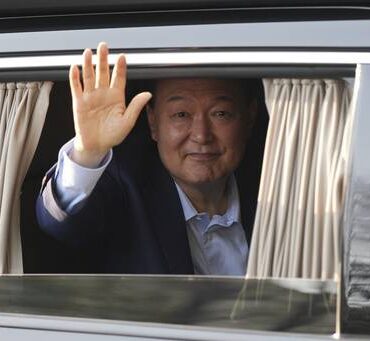China came prepared for Trump’s trade war
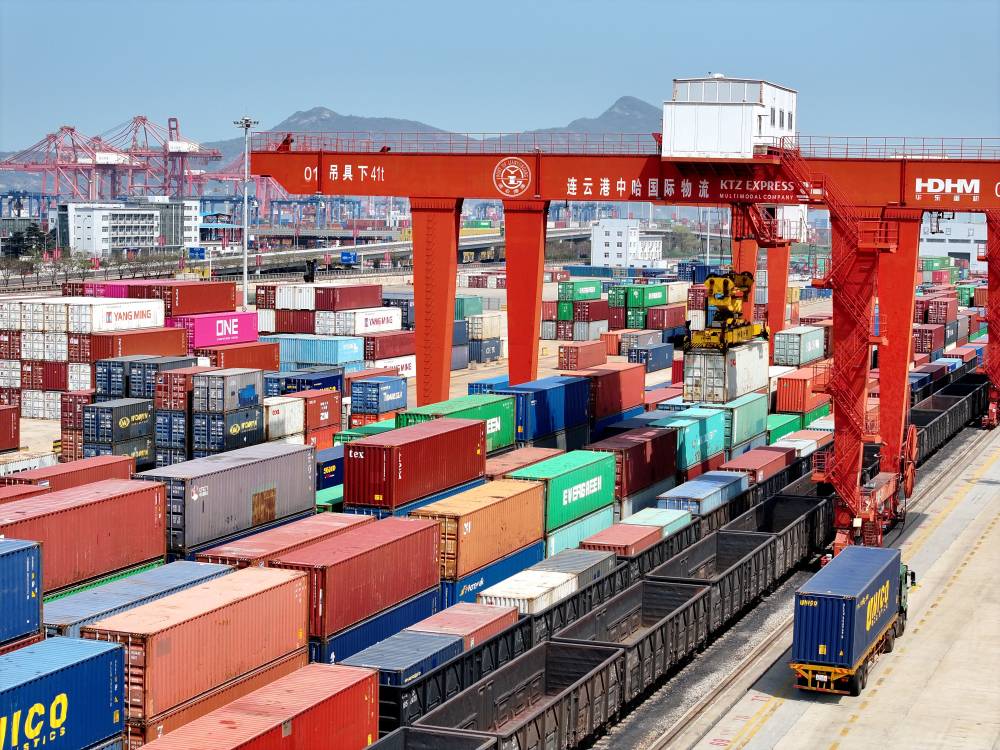
BEIJING/WASHINGTON—China has put government officials in Beijing on “wartime footing” and ordered a diplomatic offensive to encourage other countries to push back against US President Donald Trump’s tariffs, four sources said.
Communist Party propaganda officials, one source said, are posting clips on social media of former leader Mao Zedong saying “we will never yield.”
Bureaucrats in the foreign affairs and commerce ministries have been told to cancel vacation plans, two people said.
Departments covering the United States have also been beefed up, they said.
The all-of-government approach after Trump’s “Liberation Day” salvo marked a hard turn for Beijing, which had tried to avoid a trade war.
For months, Chinese diplomats tried high-level talks with Trump’s administration to push what China’s cabinet described as a “win-win” trading relationship.
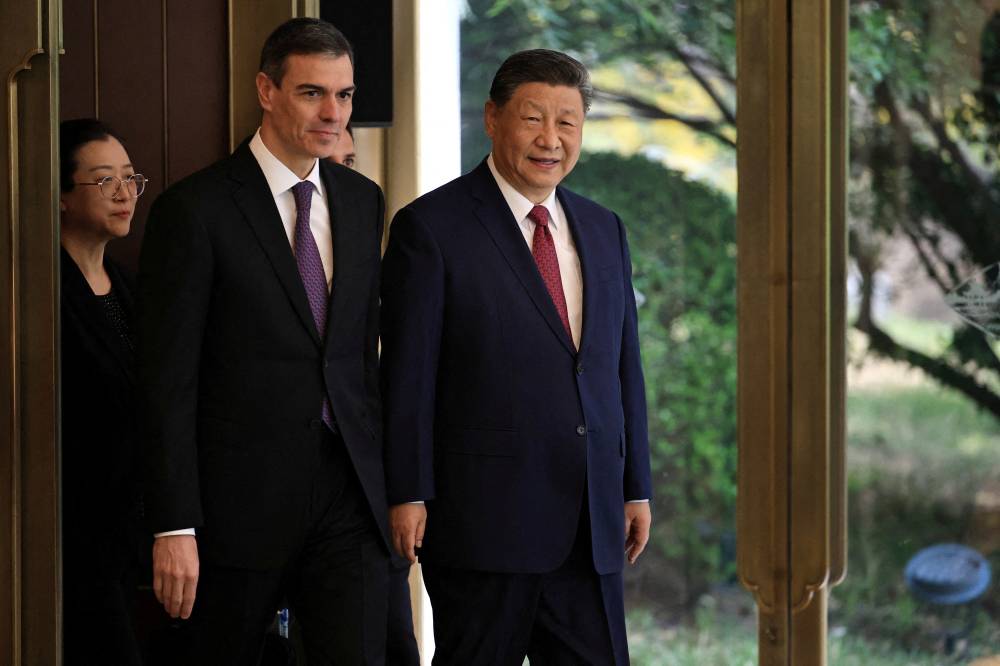
Some even held out hope for a grand bargain with Trump over trade, TikTok—and perhaps even Taiwan.
This account of how China shifted from seeking a deal to punching back and threatening all-out defiance is based on interviews with more than a dozen people, including US and Chinese government officials, diplomats and scholars.
Four described how Beijing engaged other governments affected by Trump tariffs. United States allies in Europe, Japan and South Korea were contacted, two people said.
Most of the sources spoke on condition of anonymity.
‘Not scared’ of trade war
A spokesperson for China’s embassy in Washington told Reuters that Beijing did not want trade wars “but is not scared of them.”
After the initial Chinese retaliation, Trump said: “China played it wrong, they panicked—the one thing they cannot afford to do!” He has also suggested that Beijing wanted to make a deal but “they just don’t know how quite to go about it.”
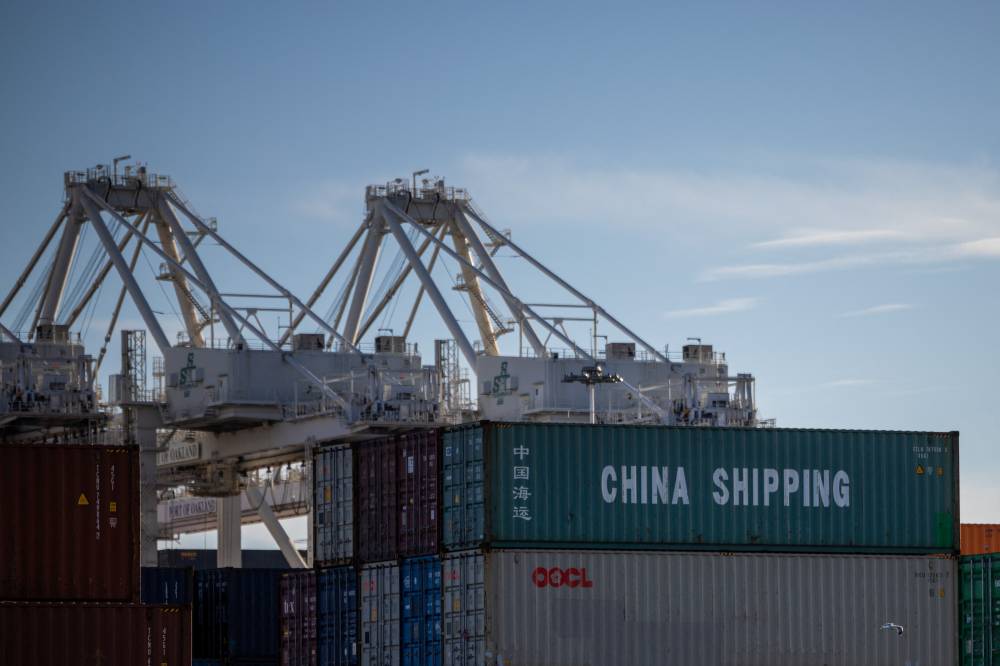
US officials blamed China for the impasse because its trillion-dollar trade surplus with the world is the result of what they see as abuses of the global commerce system.
Trump on April 2 stunned the world with massive tariffs that he said would prevent countries like China from “ripping off” the United States. Chinese leader Xi Jinping ditched official caution and questioned whether Americans could bear as much hardship as the Chinese.
The “Liberation Day” levies have since been suspended for all countries except China for 90 days. With some exceptions, trade between China and the United States is now largely frozen.
Polite start, quick stall
Even after Trump was elected on the promise of high tariffs, relations with Beijing got off to a polite start. Trump invited Xi to his inauguration. Chinese Vice President Han Zheng attended.
Things started deteriorating soon after.
A Trump official said the United States had “made clear to China that we want working-level contact to continue … but will not engage for the sake of engagement and in dialogues that do not advance American interests.”
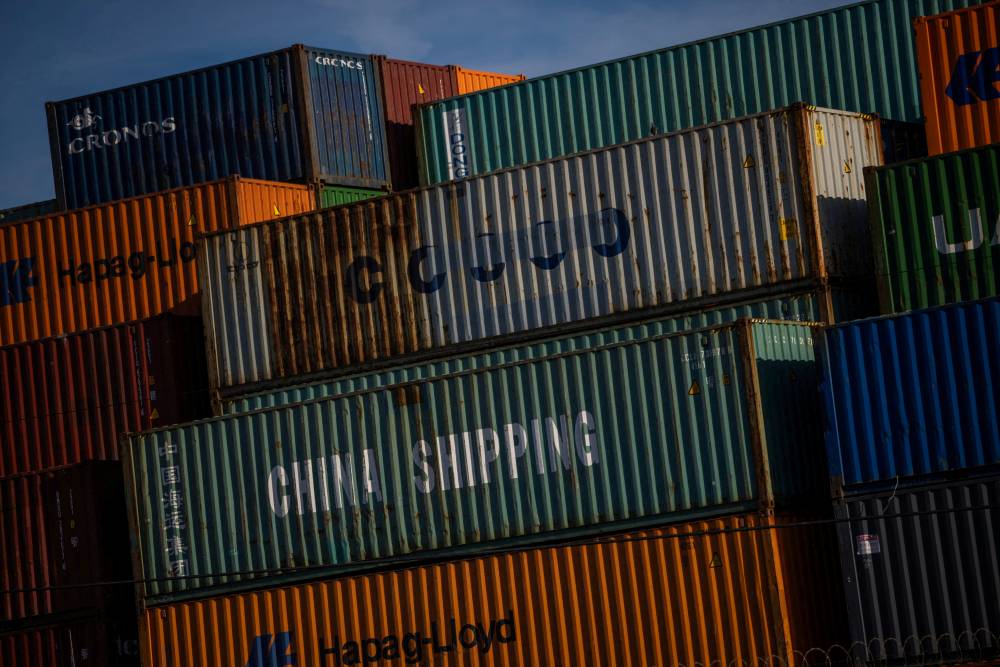
Chinese Foreign Minister Wang Yi tried to meet Secretary of State Marco Rubio but did not secure a meeting.
In an interview with ABC News on Sunday, US Commerce Secretary Howard Lutnick said, “We all expect that the President of United States and President Xi of China will work this out,” Lutnick said.
Trump told reporters this week that he would be willing to meet Xi, whom he described as a friend.
The Trump administration official said the U.S. had repeatedly asked Chinese diplomats if Xi would request a phone call with Trump and “the answer has consistently been ‘no.’”
Lessons learned
While many countries were hit by US tariffs this month for the first time, China honed its response during previous bouts of the Sino-American trade war.
Drawing on lessons from Trump’s first term, China created a retaliatory playbook that includes tariffs as well as restrictions on about 60 US companies and curbs on exports of rare earths.
The effort was a result of weeks of preparations by Chinese government officials who had been tasked with studying Trump’s policies and suggesting countermeasures that could be gradually scaled up, according to two people familiar with the situation.
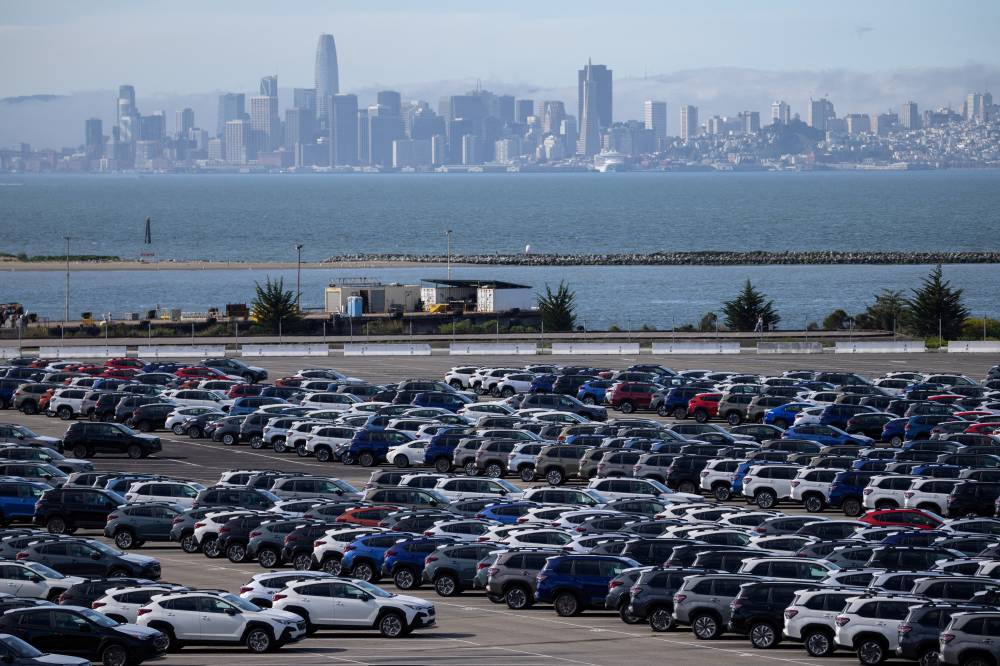
Xi opted for a strong response, hitting back with levies even before Trump’s announced tariffs went into effect. The duties were announced shortly before Wall Street opened on April 4—a public holiday in China. US equities dropped sharply lower.
Some Chinese opinion leaders appeared to suggest off-ramps.
Ren Yi, a political blogger with nearly 2 million followers on the Weibo, said in an April 8 post that countermeasures “do not require a broad increase in tariffs on American goods.”
Ren suggested targeted moves like suspension of fentanyl cooperation and further restrictions on agricultural imports and movies. China’s finance ministry said on Friday that with tariffs on US goods now at 125 percent, it will stop matching any future hikes in duties by Washington, whose tariff strategy it branded a “joke.”
‘Never yield’
China has also sent letters to officials of other countries pressured by Trump to engage in trade negotiations. The letters outlined the Chinese position as well as the need for multipolarity and for countries to stand together. The messaging also included criticism of US policy.
China has approached some G20 governments for a joint declaration voicing support for the multilateral trading system, an EU diplomat told Reuters.
Chinese officials published on Musk’s X platform a clip of 1953 speech of Chair Mao who said peace was up to the Americans.
“No matter how long this war is going to last, we’ll never yield,” he said. “We’ll fight until we completely triumph.”
Reuters, the news and media division of Thomson Reuters, is the world’s largest multimedia news provider, reaching billions of people worldwide every day. Reuters provides business, financial, national and international news to professionals via desktop terminals, the world's media organizations, industry events and directly to consumers.














